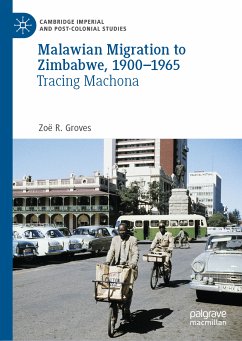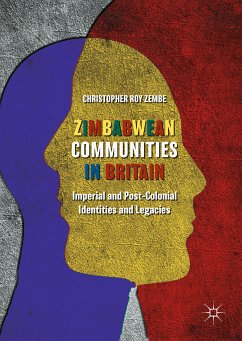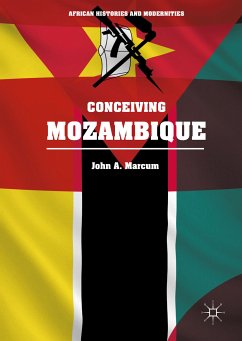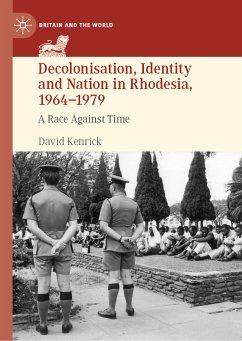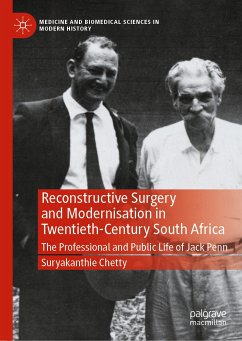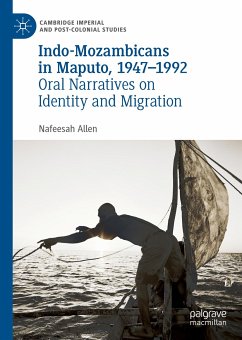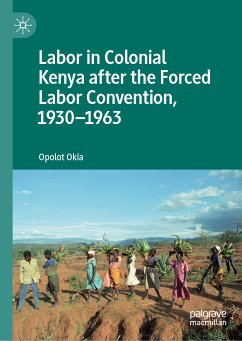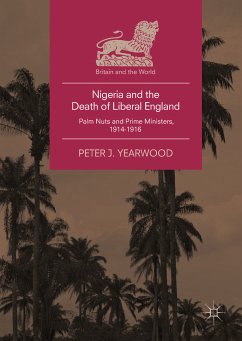
Public Health at the Border of Zimbabwe and Mozambique, 1890-1940 (eBook, PDF)
African Experiences in a Contested Space
Versandkostenfrei!
Sofort per Download lieferbar
72,95 €
inkl. MwSt.
Weitere Ausgaben:

PAYBACK Punkte
36 °P sammeln!
This book is the first major work to explore the utility of the border as a theoretical, methodological, and interpretive construct for understanding colonial public health by considering African experiences in the Zimbabwe-Mozambique borderland. It examines the impact of colonial public health measures such as medical examinations/inspections, vaccinations, and border surveillance on African villagers in this borderland. The book asks whether the conjunction of a particular colonized society, a distinctive kind of colonialism, and a particular territorial border generated reluctance to embrac...
This book is the first major work to explore the utility of the border as a theoretical, methodological, and interpretive construct for understanding colonial public health by considering African experiences in the Zimbabwe-Mozambique borderland. It examines the impact of colonial public health measures such as medical examinations/inspections, vaccinations, and border surveillance on African villagers in this borderland. The book asks whether the conjunction of a particular colonized society, a distinctive kind of colonialism, and a particular territorial border generated reluctance to embrace public health because of certain colonial circumstances which impeded the acceptance of therapeutic alternatives that were embraced by colonized people elsewhere. It asks historians to look elsewhere for similar kinds of histories involving racialized application of public health policies in colonial borderlands.
Dieser Download kann aus rechtlichen Gründen nur mit Rechnungsadresse in A, B, BG, CY, CZ, D, DK, EW, E, FIN, F, GR, HR, H, IRL, I, LT, L, LR, M, NL, PL, P, R, S, SLO, SK ausgeliefert werden.



